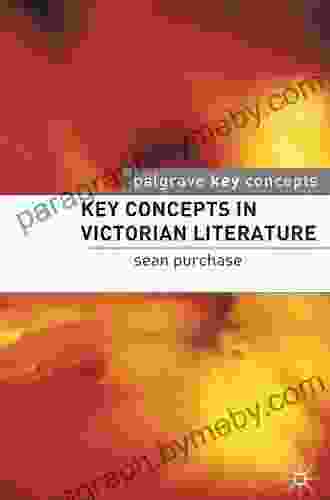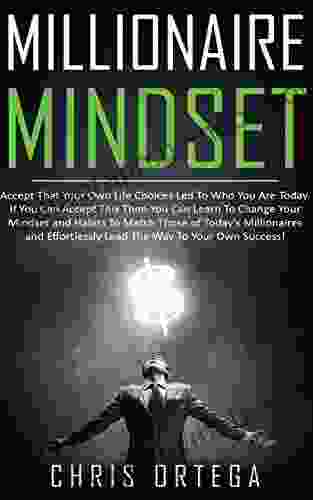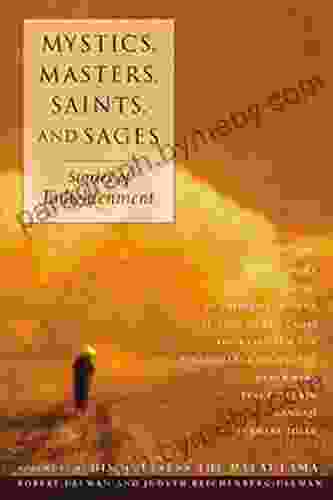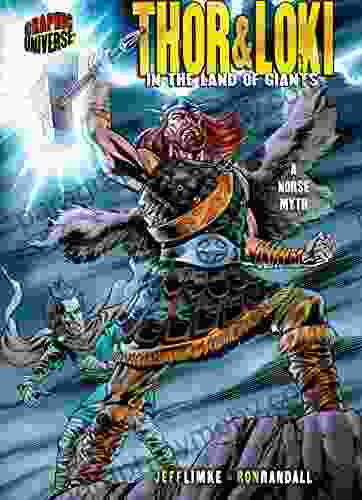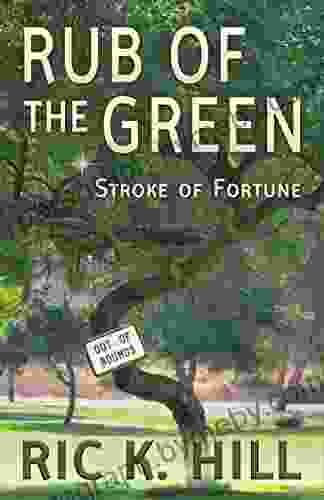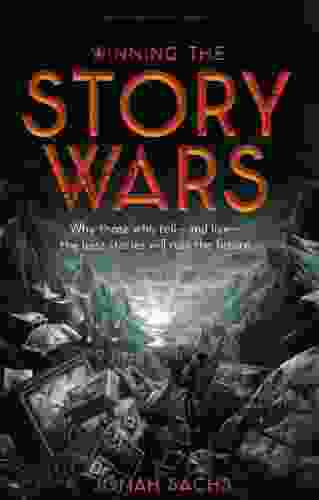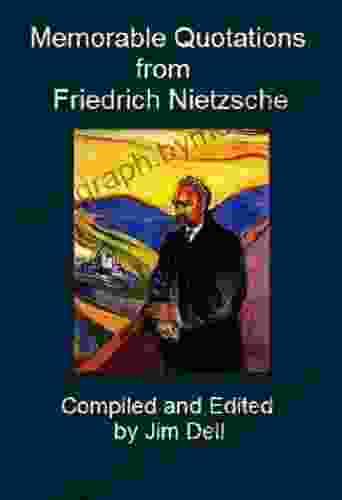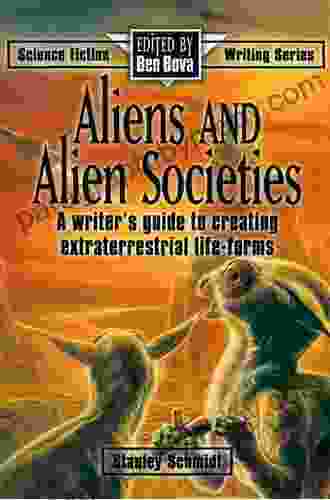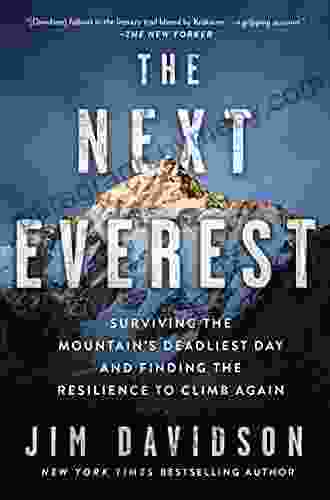Key Concepts in Victorian Literature: Unlocking the Complexities of an Era

:
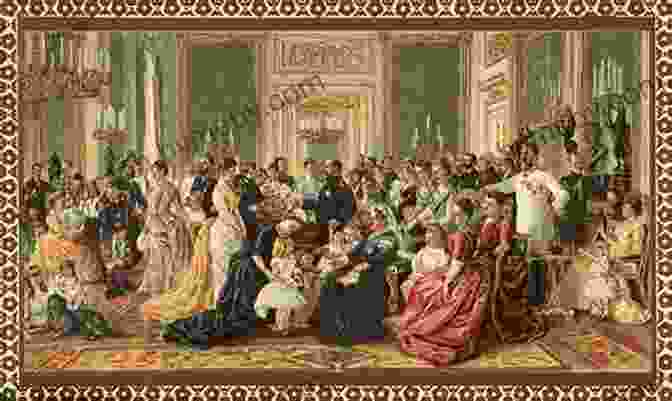
Victorian literature, spanning from 1832 to the turn of the 20th century, is a captivating era of literary brilliance. It was a time of profound societal transformation, scientific advancements, and a burgeoning literary landscape. "Key Concepts in Victorian Literature" serves as an indispensable guide, unlocking the complexities of this influential period and delving into its defining concepts that shaped the literary landscape.
4.6 out of 5
| Language | : | English |
| File size | : | 1291 KB |
| Text-to-Speech | : | Enabled |
| Screen Reader | : | Supported |
| Enhanced typesetting | : | Enabled |
| Print length | : | 304 pages |
The Victorian Era: A Crucible of Change
The Victorian era was a pivotal period in British history, marked by rapid industrialization, urbanization, and social upheaval. The middle class emerged as a dominant force, while scientific discoveries challenged traditional beliefs, such as the theory of evolution by Charles Darwin. These transformations profoundly influenced the literary landscape, fostering a period of remarkable creativity and intellectual exploration.
Key Concepts in Victorian Literature:
1. Industrialization and Social Change
The rapid growth of industries and urbanization during the Victorian era brought new challenges and opportunities. Novels such as "Hard Times" by Charles Dickens and "The Condition of the Working Class in England" by Friedrich Engels exposed the harsh realities of factory life and the plight of the working class. Victorian literature also explored themes of class conflict, social mobility, and the changing roles of women in society.
2. Religion and Spirituality
Victorian literature grappled with the challenges posed by science to traditional religious beliefs. Novels by authors like George Eliot and Thomas Hardy explored the loss of faith, the search for meaning in a secular world, and the tension between science and spirituality. The rise of religious revivalism and the influence of the Oxford Movement shaped Victorian literary themes and motifs.
3. Realism and the Novel
Victorian literature is renowned for its realism and the emergence of the novel as the dominant literary form. Writers such as Jane Austen and George Eliot created detailed and nuanced portrayals of everyday life, with a focus on character development and social issues. The rise of the novel allowed authors to explore complex themes and delve into the psychological motivations of their characters.
4. The Gothic and the Supernatural
The Victorian era witnessed a resurgence of Gothic literature, characterized by its themes of horror, mystery, and the supernatural. Authors like Edgar Allan Poe, Mary Shelley, and Bram Stoker employed elements of the Gothic to create atmospheric and suspenseful tales. Victorian literature often explored the darker recesses of the human psyche and the interplay between reality and the fantastical.
5. Empire and Colonialism
The Victorian era marked the height of British imperialism, which had a profound impact on literature. Authors like Rudyard Kipling and Joseph Conrad wrote about the experiences of empire, exploring themes of cultural encounter, colonialism, and the moral dilemmas it presented.
6. Symbolism and the Aesthetic Movement
The late Victorian period was characterized by the aesthetic movement, which emphasized beauty, art, and the exploration of sensations. Authors such as Oscar Wilde and Algernon Swinburne employed symbolism and intricate language to create evocative works that appealed to the senses and challenged conventional morality.
7. Science and the Imagination
Victorian literature was deeply influenced by scientific advancements, particularly the theory of evolution. Authors like H.G. Wells and Jules Verne embraced science fiction, exploring themes of future technologies, scientific progress, and the potential consequences of scientific innovations.
8. Education and Self-Improvement
The Victorian era witnessed a significant emphasis on education and self-improvement. Novels like "Jane Eyre" by Charlotte Brontë and "David Copperfield" by Charles Dickens explored the importance of education as a means of personal growth and social mobility.
9. Gender and Identity
Victorian literature grappled with issues of gender roles and identity. Authors like Elizabeth Barrett Browning and Virginia Woolf examined the constraints and expectations placed upon women in society, exploring themes of female agency, self-expression, and the search for individuality.
10. Decadence and Fin de Siècle
The end of the Victorian era was marked by a sense of cultural decline known as the "fin de siècle." Authors like Oscar Wilde and Aubrey Beardsley embraced decadence and explored themes of disillusionment, artificiality, and the pursuit of pleasure.
:
"Key Concepts in Victorian Literature" is an essential resource for understanding the rich tapestry of Victorian literary thought. By exploring the key concepts that shaped this era, readers can gain a deeper appreciation for the complexities, triumphs, and contradictions of this transformative period. Whether you are a student, a scholar, or simply a passionate reader, this guide will illuminate the profound impact of Victorian literature on our cultural heritage and its enduring relevance to this day.
4.6 out of 5
| Language | : | English |
| File size | : | 1291 KB |
| Text-to-Speech | : | Enabled |
| Screen Reader | : | Supported |
| Enhanced typesetting | : | Enabled |
| Print length | : | 304 pages |
Do you want to contribute by writing guest posts on this blog?
Please contact us and send us a resume of previous articles that you have written.
 Book
Book Novel
Novel Page
Page Chapter
Chapter Text
Text Story
Story Genre
Genre Reader
Reader Library
Library Paperback
Paperback E-book
E-book Magazine
Magazine Newspaper
Newspaper Paragraph
Paragraph Sentence
Sentence Bookmark
Bookmark Shelf
Shelf Glossary
Glossary Bibliography
Bibliography Foreword
Foreword Preface
Preface Synopsis
Synopsis Annotation
Annotation Footnote
Footnote Manuscript
Manuscript Scroll
Scroll Codex
Codex Tome
Tome Bestseller
Bestseller Classics
Classics Library card
Library card Narrative
Narrative Biography
Biography Autobiography
Autobiography Memoir
Memoir Reference
Reference Encyclopedia
Encyclopedia Leonard G Horowitz
Leonard G Horowitz Margaret Macmillan
Margaret Macmillan Rob Meyerson
Rob Meyerson Jessica Ainsworth
Jessica Ainsworth Rachel Swaby
Rachel Swaby Peter James
Peter James Meir Shalev
Meir Shalev Maritzabel Claros Ferrer
Maritzabel Claros Ferrer Jill Winch
Jill Winch Jeffrey Frank
Jeffrey Frank Sally Black
Sally Black Jean Illsley Clarke
Jean Illsley Clarke Jenny Hung
Jenny Hung Jenny Heijun Wills
Jenny Heijun Wills Jessica Redland
Jessica Redland Lindsey Hilsum
Lindsey Hilsum Jennifer A Lee
Jennifer A Lee Jeanette Winterson
Jeanette Winterson Jillian Dodd
Jillian Dodd Joan Stimson
Joan Stimson
Light bulbAdvertise smarter! Our strategic ad space ensures maximum exposure. Reserve your spot today!
 F. Scott FitzgeraldFollow ·2.1k
F. Scott FitzgeraldFollow ·2.1k Calvin FisherFollow ·19.9k
Calvin FisherFollow ·19.9k Isaac MitchellFollow ·2.5k
Isaac MitchellFollow ·2.5k Pablo NerudaFollow ·14.2k
Pablo NerudaFollow ·14.2k Milton BellFollow ·3.2k
Milton BellFollow ·3.2k Duncan CoxFollow ·3.9k
Duncan CoxFollow ·3.9k Jerry HayesFollow ·14.9k
Jerry HayesFollow ·14.9k Frank ButlerFollow ·6.3k
Frank ButlerFollow ·6.3k
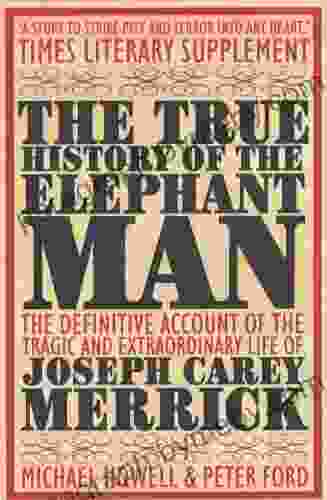
 Jeremy Mitchell
Jeremy MitchellUnveiling the Truth: The Captivating Saga of The Elephant...
Embark on a poignant journey through the...
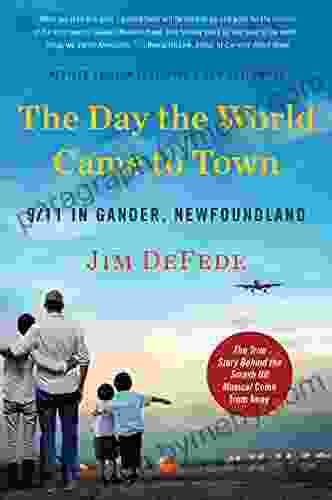
 Marvin Hayes
Marvin HayesThe Day The World Came To Town: A Heartwarming Tale of a...
In the quaint...
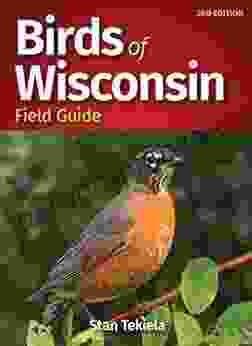
 Hugh Bell
Hugh BellExplore the Avian Treasures of Wisconsin: A Review of...
Unveiling the Secrets of...
4.6 out of 5
| Language | : | English |
| File size | : | 1291 KB |
| Text-to-Speech | : | Enabled |
| Screen Reader | : | Supported |
| Enhanced typesetting | : | Enabled |
| Print length | : | 304 pages |


